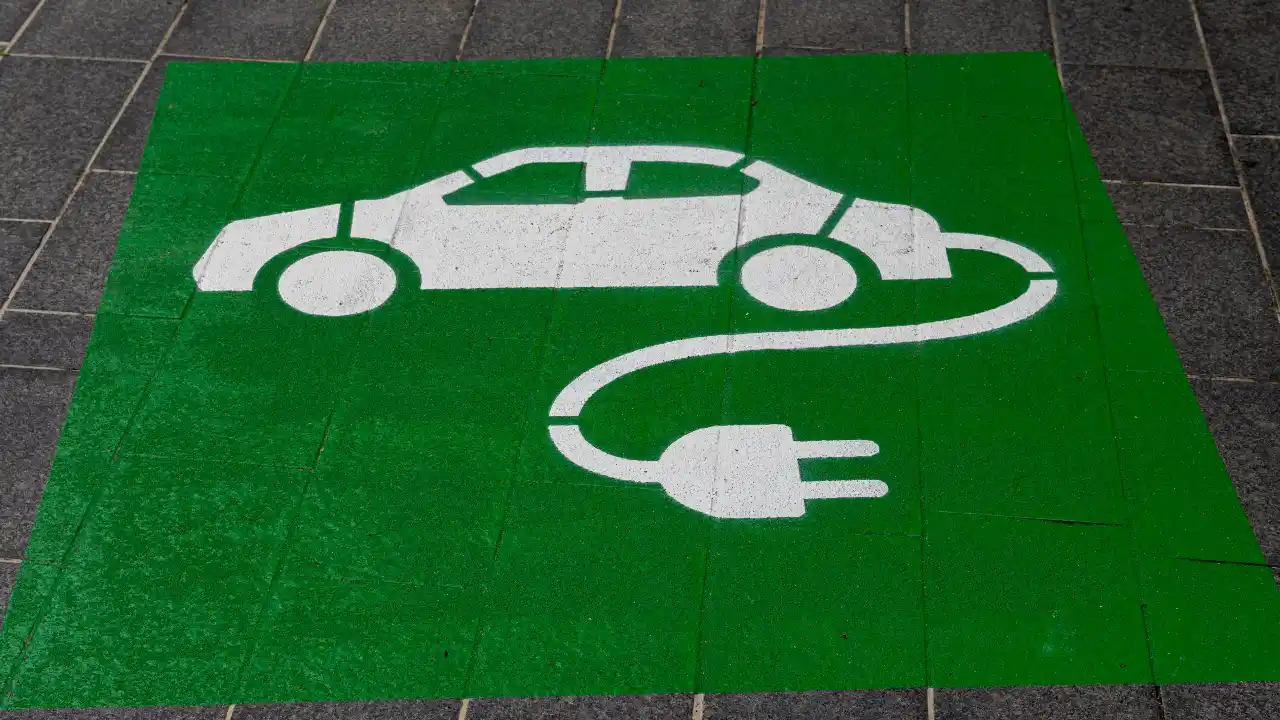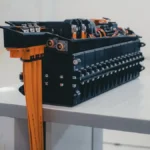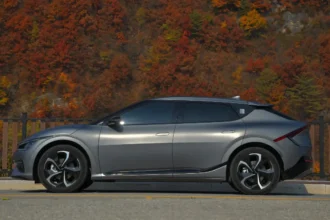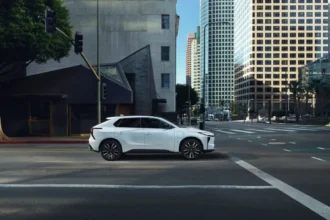The Delhi government is developing a new electric vehicle policy that aims to create thousands of jobs while making it easier for people to use electric vehicles in the city. According to Economic Times, this policy will focus on building more charging stations and battery swapping facilities throughout Delhi, addressing one of the biggest concerns that stops people from buying electric cars.
A senior government official explained that “range anxiety” is a major barrier to electric vehicle adoption. Range anxiety is the fear that your electric vehicle will run out of battery while driving and leave you stranded. This worry makes many potential buyers hesitant to switch from traditional petrol or diesel vehicles to electric ones.
Understanding Range Anxiety and How Delhi Plans to Solve It
When you drive a petrol car, finding a fuel station is usually not difficult in most cities. But with electric vehicles, charging infrastructure is still developing. Range anxiety happens when people worry about finding a place to charge their vehicle before the battery dies.
Delhi currently has over 50 locations with charging infrastructure, including 4,646 charging points and 250 battery swapping stations. Battery swapping allows drivers to quickly exchange an empty battery for a fully charged one instead of waiting for their battery to charge.
Delhi plans 13,700 EV charging points by 2030 to boost clean transport and electric vehicles.
The new policy will place charging stations at regular intervals throughout the city, making it much easier for EV owners to find charging when needed. According to Outlook Business, Delhi already has one charger for every 12.5 kilometers of road, which helps reduce anxiety for drivers.
How 20,000 New Jobs Will Be Created
| Job Category | Types of Work |
|---|---|
| Charging Infrastructure Operations | Jobs running and maintaining the growing network of charging stations across Delhi. This includes technical staff, customer service representatives, and maintenance workers. |
| Battery Management | Positions in battery swapping stations, battery collection centers, and battery recycling facilities. These roles will help extend the life of EV batteries and reduce waste. |
| Training and Education | Jobs at upskilling centers that will train workers for the growing EV industry, teaching technical skills needed for this emerging sector. |
Delhi’s Electric Vehicle Success Story So Far
Delhi has already become a leader in electric vehicle adoption in India. The city has reached an 11.5% EV penetration rate by December 2023, making it the first Indian state to cross the 10% mark. This means that out of all vehicles sold in Delhi, more than one in ten is now electric.
Monthly EV sales have grown impressively, from 16.5% of all vehicle sales in December 2022 to 19.5% in December 2023. This growth is directly linked to the city’s supportive policies and expanding charging network.
- By December 2023, Delhi had approximately 1.6 lakh (160,000) electric vehicles on its roads, showing significant progress in adoption.
- The number of public charging points has increased 28 times since August 2020, making Delhi’s charging network one of the most comprehensive in India.
- The ratio of EVs to public chargers was about 25:1 as of July 2022, creating a reasonably accessible charging ecosystem.
Looking Ahead: Policy Timeline and Future Impact
The current electric vehicle policy has been extended to remain valid until after April 15, 2025. This extension provides stability while the government develops the new, more comprehensive policy.
With continued infrastructure development and job creation, Delhi is positioning itself as a model for electric mobility in India. The government’s focus on both economic benefits and environmental improvements shows how electric vehicle policies can address multiple challenges simultaneously. As range anxiety decreases and charging becomes more convenient, more Delhi residents will likely make the switch to electric vehicles in the coming years.











